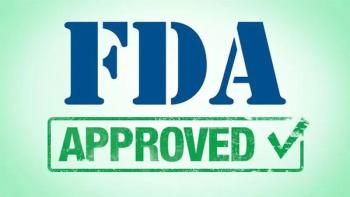
Cancer and Employment: Working It Out
When I was diagnosed over six years ago with stage IV anal cancer I loved my job. Very quickly, my work and career took a back seat in my life. But ten months later there I was easing myself back into my job.
When I was diagnosed over six years ago with stage IV anal cancer I loved my job. Very quickly, my work and career took a back seat in my life. But ten months later there I was easing myself back into my job.
Today I work full time and am able to perform all my previous job duty requirements. I am by no means the working girl I once was, but with some adjustments and planning I am able to perform, and even enjoy again, the requirements my demanding career in Cardiac Rhythm Management as a device field representative.
Each survivor’s experience is unique in regard to desire and ability to return to work. Some survivors may have no ability or desire to return to work, while others financially may have no choice. Some employers, like mine, will allow individuals to ease back into work, while others may insist on enforcing disability leave policies.
One thing is for sure, with 1 in 3 people being diagnosed with cancer in their lifetime, it has a lasting impact on the workforce and the survivor’s career.
What has been your experience with returning to work during and after cancer treatment? What would make the transition easier? Do you have advice to share with patients and survivors?
Patients, survivors, nurses, and employers have a lot to share on these topics. Join us for our next #CureConnect tweet chat on Tuesday, August 9, at 9 pm EST to discuss these important topics. Don’t forget to include the #CureConnect hashtag in all of your responses! Read more
Newsletter
Knowledge is power. Don’t miss the most recent breakthroughs in cancer care.































































































